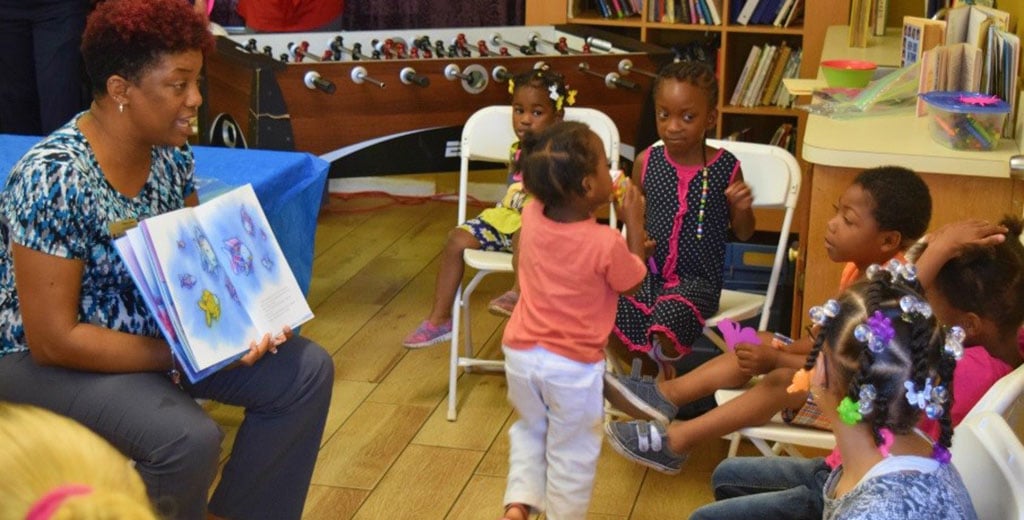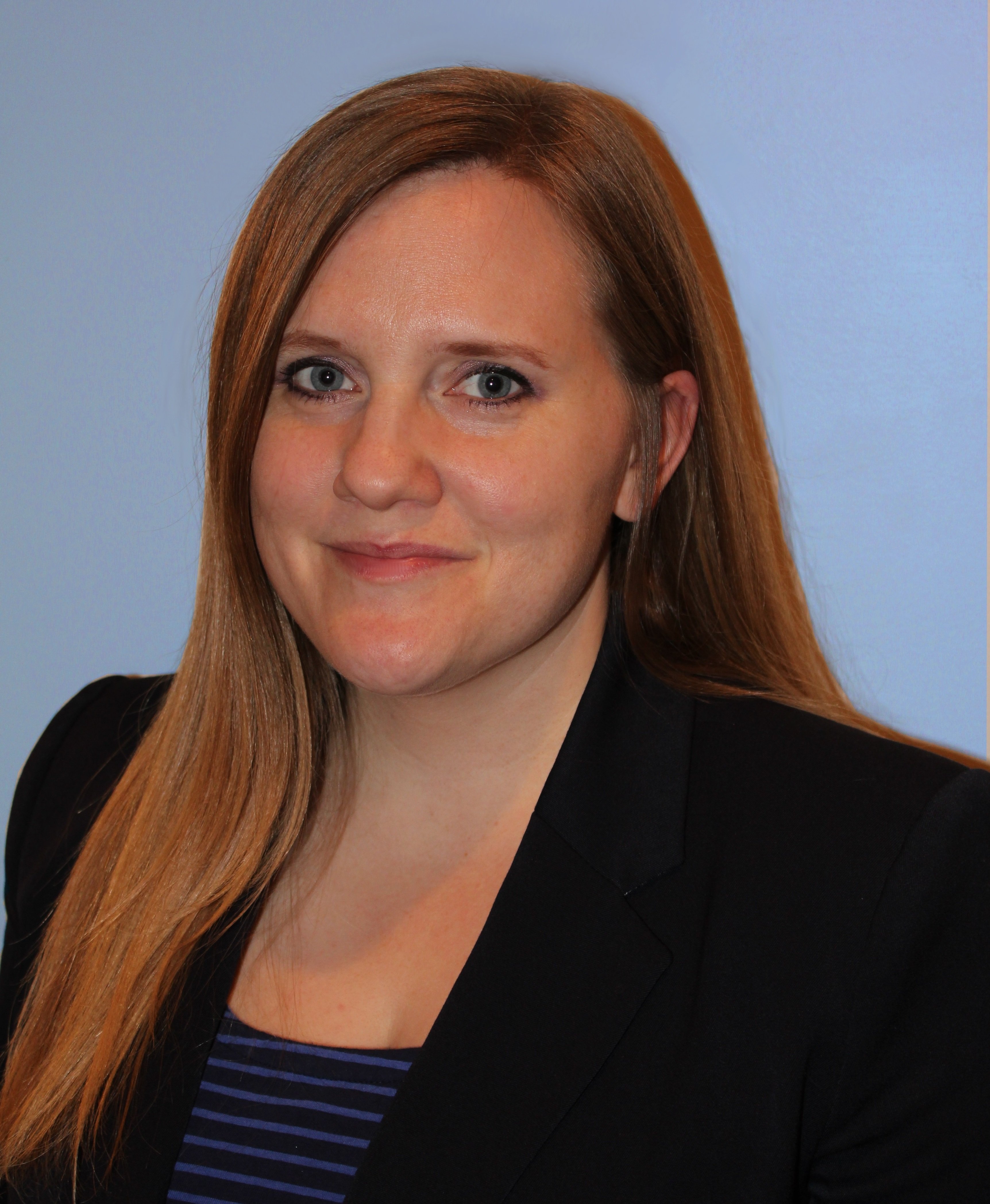
In February 2017, the Early Learning Coalition of Duval (ELCD) County, Florida joined forces with Jacksonville Journey, a comprehensive community-wide crime prevention initiative. For a decade, Jacksonville Journey has focused on positive youth development, neighborhood safety, truancy, and dropout prevention and intervention. Leaders at ELCD also saw a need within the initiative for early intervention and parent education services, and launched the Family Engagement and Early Literacy Support Program. It strives to help families by fostering strong parent-child relationships and encourage early learning activities in the home.
Program Goals
The program targets groups of parents who otherwise would not receive support for early learning. These are families whose young children (birth to age five) do not attend Head Start, Early Head Start, preschool or child care programs. Rather, these children are at home with their parent(s). The goals of the Family Engagement and Early Literacy Support Program are to:
- Encourage parents to engage in early learning experiences with their children
- Raise families’ literacy awareness
- Help parents increase the number of quality interactions between themselves and their children
Want a printable version of this post?
Raising a Reader
Research shows that community-based early intervention literacy programs can improve children’s language and literacy development through reading activities at home and in the community. It is often said that parents are their children’s first and best teachers. Raising a Reader puts that philosophy into action. It guides parents in learning and applying read-aloud strategies with their children. Such activities encourage healthy brain development, enhances early literacy and language, and helps children develop a love of reading and learning. Through their participation in the Raising a Reader program, parents learn how to continue the literacy skill-building at home. As a result, these book-sharing routines develop into regular family habits.
Every other week, families and Family Engagement and Early Literacy Support Program staff gather at a participating subsidized apartment complex. ECLD hosts the one-hour session, which typically unfolds in this order: snack; an opening song; the read-aloud activity between parent and child, including any coaching support the parent might need; another parent-child activity (art, science, or gross motor), and a book check out. Each family is able to borrow four-to-five age appropriate books provided by program staff and packed into a bright red Raising a Reader bag.
The program also supports community connections. Participants in Raising a Reader are connected to local libraries. A librarian meets with the group and explains the library resources to the families. Each child receives a special blue book bag to bring with them on their visits to the library. Librarians understand that the book bag represents a Raising a Reader family. One mother was so excited about being introduced to the library that she walked several miles with her three children to get library cards. The family now are a frequent patrons.
Be Strong Families Parent Cafés
On the weeks when a full Raising a Reader session is not held, ELCD hosts a two-hour Be Strong Families Parent Café, which also includes book checkout and story time. There is a structure to the café: parents and children eat lunch together, participate in story time, and sing a song. The children then go to a separate room for child care and activities, and parents regroup for discussions with each other about the thing that matters to them the most—their families. A facilitator begins the discussion by asking a core question and the families drive the conversation. The opening question relates to one of the five research-based family protective factors: resiliency, relationships, communication, support and knowledge about child development.
These factors help build family strengths and a family environment that promotes optimal development of children. Parents can share their thoughts and experiences, or simply listen. The café provides an opportunity for them to build relationships with peers from their own communities, relax, and take a break from their caregiving responsibilities. By merging the Raising a Reader and Be Strong Families Parent Cafés, the Family Engagement and Early Literacy Support Program is able to focus on school readiness, build family protective factors and promote parent leadership.
Early Results Are In
Participants from the Cleveland Arms and Washington heights public housing communities in Jacksonville filled out pre- and post-surveys. The results were promising, including a
- 23% increase in families who have a reading routine at home,
- 76% rise in the number of books in the home,
- 46% increase in how often children asked to look at books with their parents or others in the home, and
- 69% rise in how many minutes families spend looking at books together.
Learn More
Early Learning Coalition - Duval County, FL
Charlene Gross
Director of Family Engagement
cgross@elcduval.org
The Promising Practices Spotlights illuminate some of the successful ways early childhood programs around the nation are connecting with families and communities through high-quality engagement initiatives.







